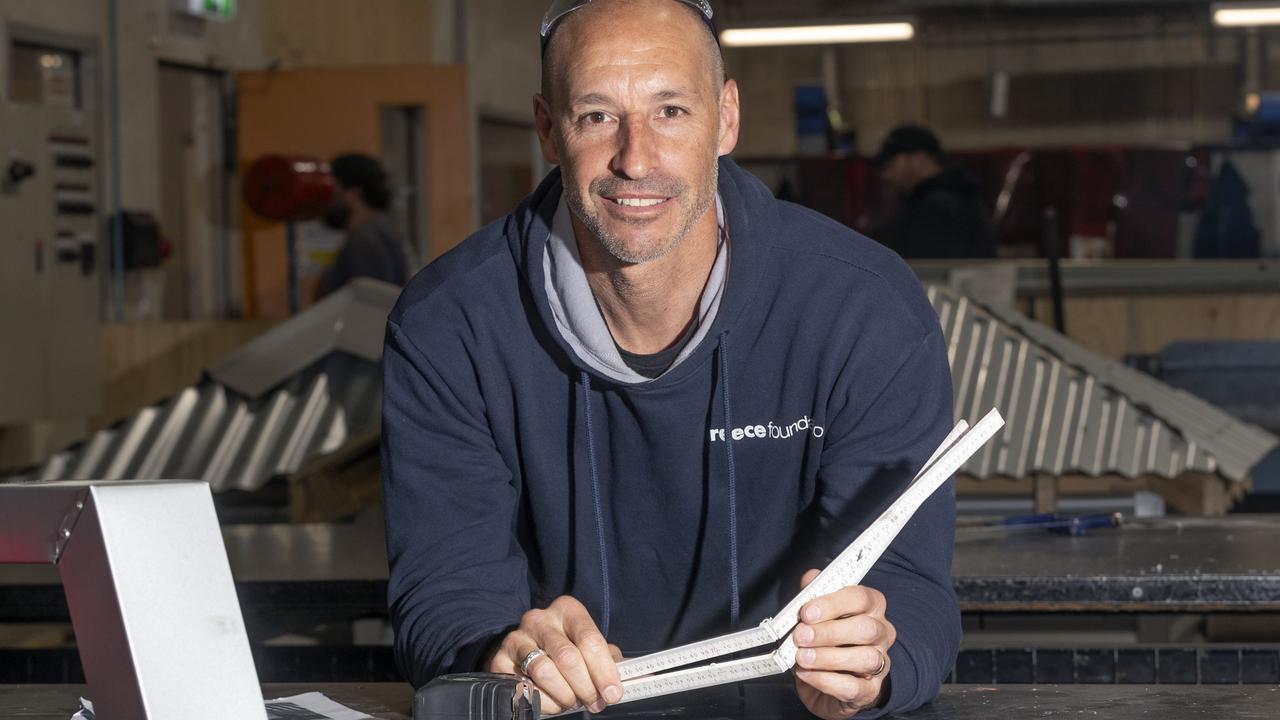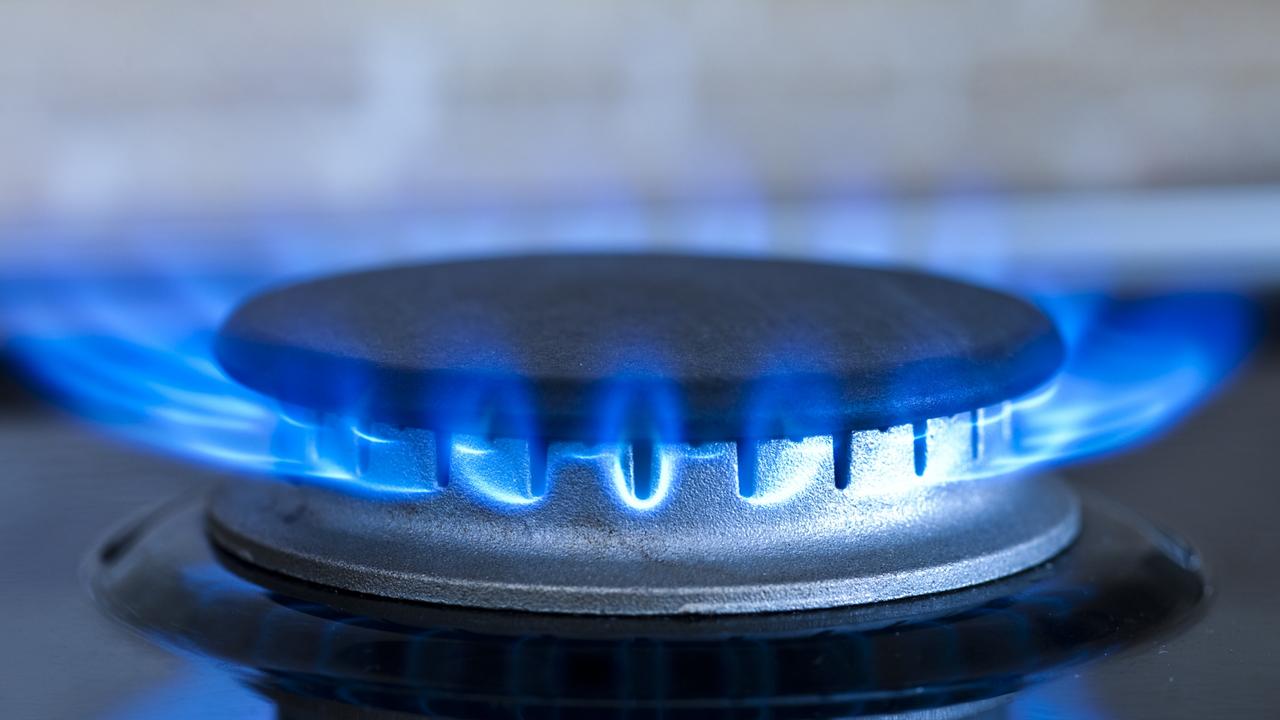Snow Centre for Immune Health receives $100m investment from billionaire Snow family
One of the largest philanthropic donations in Australian history will fund a world-first immunology research centre in Melbourne, driving new treatments for diseases such as asthma, allergies and arthritis.
Victoria
Don't miss out on the headlines from Victoria. Followed categories will be added to My News.
Melbourne is set to become a world leader in the treatment of diseases including asthma, allergies and arthritis thanks to a $100m investment to help to revolutionise immunology research globally.
The pledge – one of the largest philanthropic investments in Australian history – will fund a new research centre, employing more than 50 scientists and staff, and become a major contributor to the Melbourne Biomedical Precinct.
The Snow Centre for Immune Health, announced on Tuesday, is a partnership between the Snow Medical Research Foundation, WEHI and the Royal Melbourne Hospital.
This foundation was created by the Canberra-based Snow family through the vision of billionaire businessman and philanthropist Terry Snow.
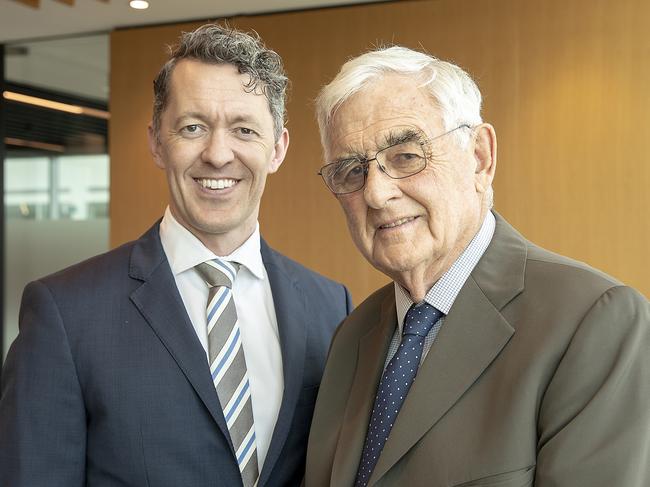
Acting director of WEHI, Professor Alan Cowman, says the centre will receive funding of $10m a year for the next 10 years, but says further investments are expected beyond that.
“It came about through our interactions with the Snow Family and the Snow Medical Research Foundation, and together with the Royal Melbourne Hospital we co-designed the Snow Centre for Immune Health,” Professor Cowman said.
“The Centre will enable an understanding of immune health so that we can have an impact on treatments for important diseases that are caused by alterations of our immune system such as rheumatoid arthritis, allergies and asthma.
“That will be the main aim over the next 10 years.”
He said the point of difference would be taking an holistic approach, adopting the whole-of-system, whole-of-person perspective that has been successfully applied to the cardiovascular and respiratory systems.
“This approach … allows us to understand the immune system and how it works from the top down rather than the bottom up,” Professor Cowman said.
“It will be critical for the development of new diagnostics and new treatments for immune diseases. This investment enables a concentrated effort over a sustained period to really make a difference on some of these debilitating diseases.”
Professor Cowman told the Herald Sun the focus would be on immunology research because there was an unmet need.
“With respect to other health issues like cardiovascular disease, for example, you go to the doctor and get all sorts of tests to work out if our heart is working well, but in terms of the immune system, we don’t really have that,” he said.
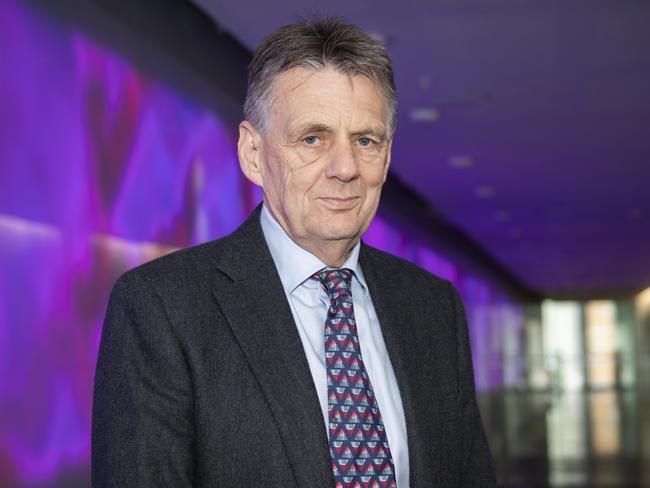
“The time is now to address that, and we believe the centre can do that.”
Professor Cowman says a partnership with the Royal Melbourne Hospital (RMH) will also allow a large clinical component to the new Centre.
Snow Medical chair Tom Snow said the $100m commitment more than doubled Snow Medical’s investment in medical research.
“We could not be more proud,” he said.
WEHI is one of Australia’s best loved research institutions famous for not only for is medical discoveries but also for nurturing Nobel prize winners in its 107-year history.
Sir Frank Macfarlane Burnet received a Nobel prize for his work in Immunology at WEHI.
It has also enjoyed the leadership of pioneers including Emeritus Professors Sir Gustav Nossal and Jacques Miller who have led teams to make game-changing medical discoveries focused on the immune system to improve health outcomes.
“This is adding to that history and will set it up for a new era. We expect some great things to come out of this,” Professor Cowman said.
Centre will be ‘life-changing’ for Michael
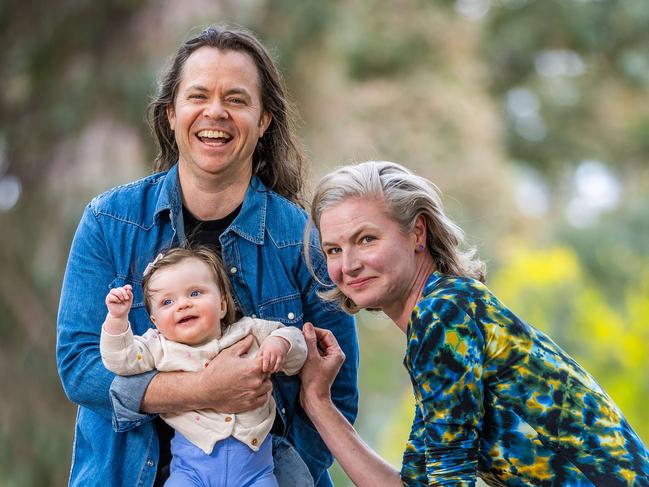
Melbourne musician Michael Julian says the idea of the Snow Centre for Immune Health, where people are coming together for the greater community and the exchange of knowledge, has depth and meaning for him.
The Kulin nation man has an autoinflammatory disease called tumour necrosis factor receptor-associated periodic syndrome (TRAPS), inherited from his late father, Walter.
“It is a condition that attacks all parts of the body; it is inflammation in the muscles, the organs and joints and presents in lots of different ways,” he said.
Mr Julian was diagnosed with TRAPS when he was 18 months old and says it was through his mum Christine Poyton’s persistence and advocacy that he sought expert information.
He did this through the immunology clinic at the Royal Melbourne Hospital.
“Before that I would go to GPs and they would give me a prescription to treat the symptoms rather than the actual problem,” he said.
The specialist team that included Dr Charlotte Slade and Dr Jack Godsell at the RMH identified the cause through DNA mapping and found a treatment in daily injections that now control his symptoms.
Mr Julian is 39, the same age his father died from complications of the genetic condition.
Now a father himself to eight-month-old Pearl, he said the funding of the new Centre will be “life-changing” not only for him, but also baby Pearl who also has the TRAPS gene.
“Pearl’s mother, Dominique and I, are reassured knowing there are a lot of options for her. TRAPS will be something in the very distant background of her life rather than acutely impacting it.”




